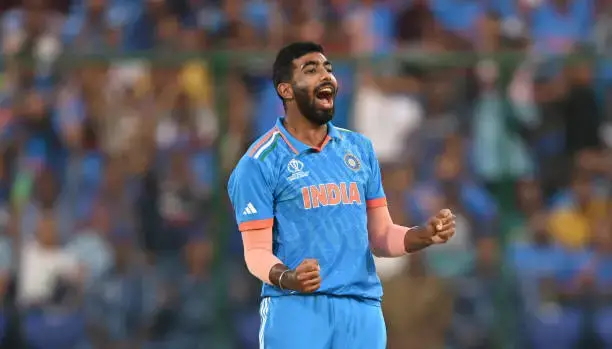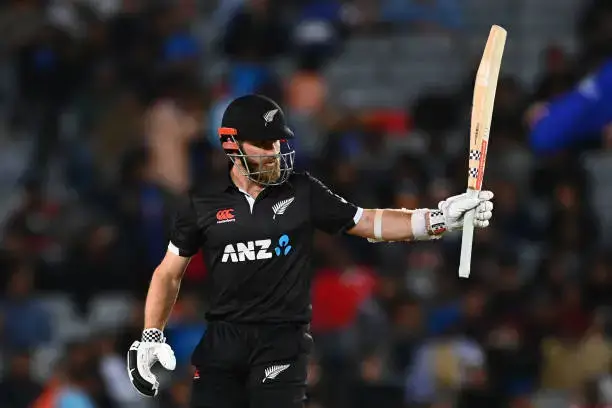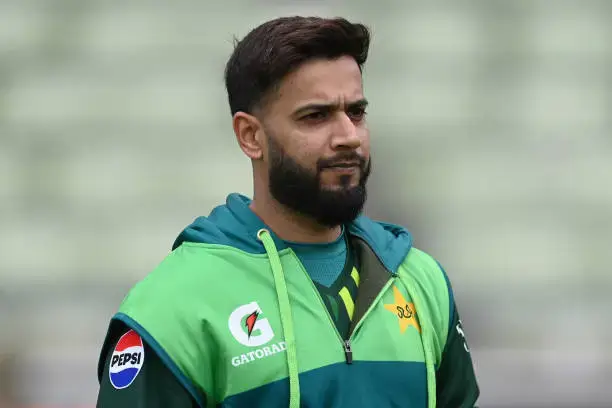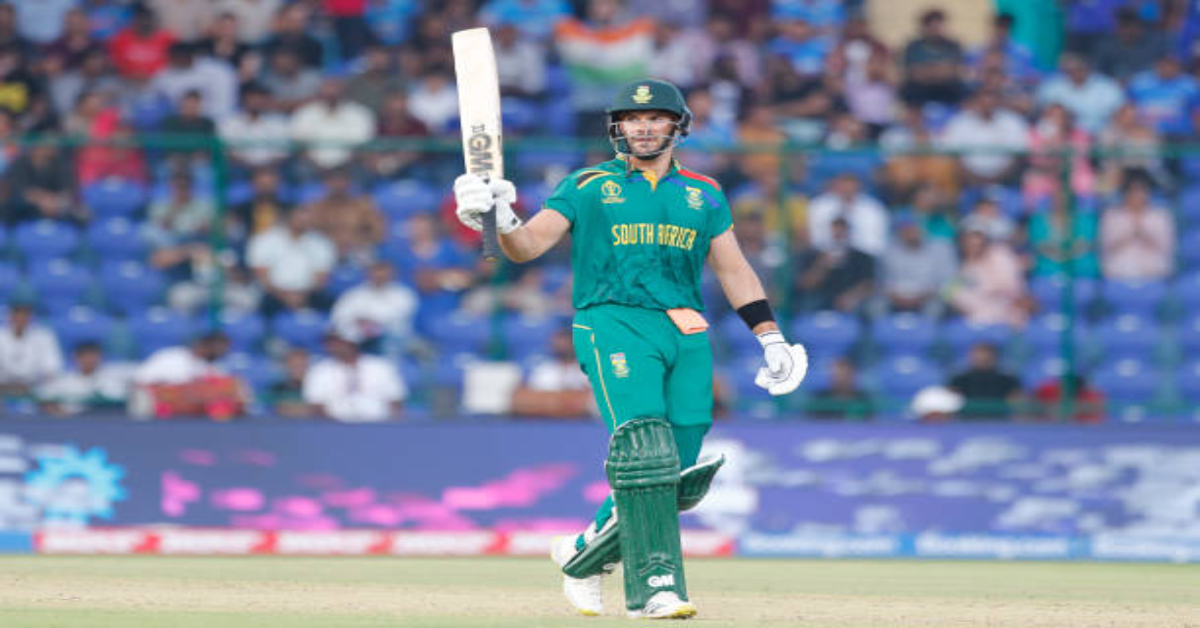Pakistan National Cricket Team/matches
Brief history of Pakistan International Cricket
The Pakistan national cricket team has been representing the country in international cricket since 1952. It operates under the governance of the Pakistan Cricket Board (PCB), which is a Full Member of the International Cricket Council (ICC). The team competes in various cricket tours and tournaments organized by the PCB and other regional or international cricket bodies, participating in Test matches, One Day Internationals (ODIs), and Twenty20 Internationals (T20Is).
Initially granted test status in 1952 upon the recommendation of India, Pakistan faced limited international success until the 1980s. However, they emerged as strong contenders in tournaments during this period. Notably, they secured their first international trophy by winning the ICC World Cup in 1992 and later clinched the Asia Cup in 2000. In the 21st century, Pakistan experienced increased success, winning the T20 World Cup in 2009, the Asia Cup in 2012, and the ICC Champions Trophy in 2017. They were also the winners of the first Asian Test Championship in 1999 and the fourth team to triumph in the now-defunct ICC Test Championship in 2016. With an impressive win percentage in T20Is, ODI cricket, and a commendable win-loss ratio in Test cricket, Pakistan has consistently performed well in international matches.
However, Pakistan has faced challenges due to security concerns and domestic instability related to terrorism and the war on terror. Consequently, these factors have limited Pakistan’s ability to host international cricket matches in the 21st century. After the attack on the Sri Lanka national team in 2009, cricket in Pakistan was suspended, and the team started playing their home matches in the United Arab Emirates until 2016 for ODIs and until 2019 for Test matches. However, international cricket gradually resumed in Pakistan from 2016, coinciding with the debut of the Pakistan Super League. Improved security measures and a decrease in terrorism incidents were instrumental in facilitating the return of international cricket to the country.
The history of cricket in Pakistan predates the country’s formation in 1947. The first-ever international cricket match in Karachi took place on November 22, 1935, between Sindh and an Australian team. Cricket gained rapid development in Pakistan after the country’s independence, and Pakistan was granted Test match status in 1952. The team’s first Test match was played against India in Delhi in October 1952. Pakistan’s first home Test match was against India in January 1955 in Dacca, East Pakistan (now Bangladesh). The team has displayed a blend of talent and unpredictability, with occasional lapses in discipline leading to inconsistent performances. The rivalry between Pakistan and India is known for its intense contests and highly charged atmospheres, drawing passionate support from fans in both countries. In the United Kingdom, British Pakistanis form a fan club called the “Stani Army,” known for their enthusiastic support at matches and their involvement in charitable initiatives, including friendly cricket matches against the “Bharat Army” comprising British Indian supporters.
Highlights of Pakistan Cricket team vs Indian Cricket team Champions Trophy Final match 2017
1986 Austral-Asia Cup (Champions)
The 1986 Austral-Asia Cup, held in Sharjah, UAE, is remembered for a thrilling last-ball victory by Pakistan over their arch-rivals India. Javed Miandad became a national hero with his remarkable performance. India batted first and set a target of 245 runs, leaving Pakistan with a required run rate of 4.92 runs per over. Miandad, coming in at number 3, found himself batting with the lower-order as wickets fell at regular intervals. Initially, his focus was to lose with dignity, but with 31 runs needed in the last three overs, Miandad played a series of boundaries. Finally, with four runs required from the last delivery of the match, Miandad struck a six over the midwicket boundary off Chetan Sharma’s leg side full toss. This victory cemented Miandad’s place in cricket history.
Enjoy the last over of the Asia cup 1986.
1992 Cricket World Cup (Champions)
The 1992 Cricket World Cup held in Australia and New Zealand marked Pakistan’s first-ever World Cup triumph. The team’s success is attributed to their remarkable comeback despite facing challenges. They lost key players like Waqar Younis and Saeed Anwar and were led by an injured captain, Imran Khan. Pakistan started the tournament poorly, losing three of their first five matches, and were on the verge of elimination after being bowled out for just 74 runs against England. However, rain intervened, and the match was declared a “no result.” Motivated by their captain’s rallying cry to play like “cornered tigers,” Pakistan went on to win five consecutive matches. This included a semi-final victory against hosts New Zealand and a memorable final against England. A young Inzamam-ul-Haq’s match-winning knock of 60 runs off 37 balls in the semi-final is often credited as his emergence onto the international stage. The 1992 World Cup victory is etched in Pakistani cricket history as a remarkable triumph against all odds.
Enjoy the highlights of the final match of world cup 1992 played between Pakistan team and England team.
Grid
Cricket Under the Stars: Could Jamaica Host a Historic Pink Ball Clash Against Australia?
Dean Jones Trophy: Honoring a Legend of One-Day Cricket
South Africa vs. Pakistan: Hosts Opt to Bowl in the Second ODI
India Close to a Draw in Rain-Interrupted Gabba Test
Kane Williamson Leads New Zealand to Massive Lead as England Struggles
Imad Wasim and Mohammad Amir Retire (Again) from International Cricket
2007 Cricket World Cup
The 2007 Cricket World Cup witnessed one of the biggest upsets in the tournament’s history when Pakistan was knocked out in a shocking defeat to Ireland, who were participating for the first time. Pakistan needed a victory to qualify for the next stage after losing their opening match to the West Indies. However, Ireland won the toss and elected to field. Pakistan struggled, losing wickets at regular intervals, with only four batsmen reaching double figures. In the end, they were bowled out by Ireland for a mere 132 runs. Ireland went on to secure the victory, thanks to Niall O’Brien’s innings of 72 runs. This early exit from the tournament marked the second consecutive time that Pakistan had been eliminated in the first round of the World Cup. Tragedy struck the team when coach Bob Woolmer passed away the day after the match, and his death was later investigated as a murder. Inzamam-ul-Haq resigned as captain and retired from one-day cricket, while Shoaib Malik was announced as his successor.
2009 ICC World T20 (Champions)
In the 2009 ICC World Twenty20, held in England, Pakistan exceeded expectations and reached the final, where they faced their arch-rivals India at Lord’s Cricket Ground in London. Sri Lanka won the toss and chose to bat. Pakistan’s Mohammad Amir bowled an excellent first over, and Dilshan was caught on the fifth ball. Soon after, Jehan Mubarak was also dismissed, leaving Sri Lanka at 2 for 2. Sanath Jayasuriya provided stability to the innings, but he was eventually bowled out. Mahela Jayawardene followed suit, edging a shot to Misbah-ul-Haq. Sri Lanka’s innings continued with Sangakkara and Chamara Silva adding runs, but Silva was caught by Saeed Ajmal. Shahid Afridi claimed the wicket of Isuru Udana, and Angelo Mathews joined Sangakkara to take Sri Lanka to a total of 138/6 in 20 overs. In response, Pakistan had a solid opening partnership between Kamran Akmal and Shahzaib Hasan, but Akmal was stumped by Kumar Sangakkara on the first ball delivered by Sanath Jayasuriya. However, Pakistan reached the target in 18.4 overs, with Shahid Afridi hitting the winning runs. Pakistan’s victory was celebrated by fans, particularly the British Pakistani community, and it marked their first world title since winning the 1992 World Cup. Afridi’s impressive performance with both bat and ball earned him the Man of the Match award, while Tillakaratne Dilshan was declared the Man of the Series. The win held special significance for Pakistan, given the difficult circumstances in the country at that time.
2010 ICC World T20 (Semi-finalists)
The 2010 ICC World Twenty20 took place in the West Indies, and Pakistan made it to the semi-final stage of the tournament. Placed in Group A alongside Australia and Bangladesh, Pakistan began their campaign with a 21-run victory over Bangladesh, with Salman Butt scoring an impressive 73 runs off 46 balls. In their second match against Australia, Australia won the toss and chose to bat, posting a formidable total of 191 runs. However, Mohammad Amir’s exceptional bowling in the final over resulted in a triple-wicket maiden, along with two run-outs, causing Australia to lose five wickets in the last over. In the Super 8s stage, Pakistan faced defeats against England and New Zealand but managed to secure a victory against South Africa. Finishing second in Group E of the Super 8s, Pakistan advanced to the semi-finals, where they faced Australia once again. Pakistan put up a challenging total of 191/6, with Umar Akmal remaining unbeaten on 56 runs. However, Australia’s Michael Hussey played a match-winning innings of 64 runs off just 24 balls, leading Australia to a seven-wicket victory. Despite the loss, Pakistan showcased a competitive performance in defending their World T20 title.
2014 ICC World T20
The 2014 ICC World T20 took place in Bangladesh, and Pakistan participated in Group 2. Unfortunately, the tournament turned out to be a disappointment for the Pakistani team as they won two matches and lost two, finishing third in their group and failing to qualify for the semi-finals. In their first match against India, Pakistan suffered a seven-wicket defeat. They bounced back in their next match against Australia, posting a competitive total of 191/5, with Umar Akmal shining with the bat. Pakistan managed to secure a 16-run victory. The match against Bangladesh resulted in a comfortable win for Pakistan, with opener Ahmed Shehzad scoring a maiden T20I century. However, their crucial match against West Indies, where the winner would proceed to the semi-finals, ended in disappointment. Pakistan’s target of 167 runs proved challenging, and they were bowled out for just 82 runs, leading to their elimination from the tournament.
2015 Cricket World Cup (Quarter-finalists)
Pakistan had a tough start to the 2015 Cricket World Cup as they faced their arch-rivals India in their first match. India set a target of 301 runs, and despite a valiant effort from captain Misbah-ul-Haq, who scored 76 runs, Pakistan lost the match by 76 runs. Their second match against West Indies turned out to be a disaster as Pakistan lost by a massive margin of 150 runs after being bowled out for just 160 runs. However, Pakistan managed to bounce back with consecutive victories against Zimbabwe, UAE, South Africa, and Ireland. Sarfaraz Ahmed played a crucial role in their wins and scored Pakistan’s only century of the tournament against Ireland. Pakistan finished third in Group B and qualified for the quarterfinals. In the quarterfinal match against Australia, Pakistan set a target of 213 runs, but Australia’s strong partnership between Steve Smith and Glenn Maxwell led to their victory. Pakistan was knocked out of the tournament at this stage.
After the 2015 Cricket World Cup Following the 2015 Cricket World Cup, Misbah-ul-Haq and Shahid Afridi retired from ODI cricket. Azhar Ali took over the captaincy of the ODI team, and under his leadership, Pakistan toured Bangladesh. However, the tour was disappointing as Pakistan lost all three ODIs and the only T20 match. Bangladesh secured their first-ever series win over Pakistan. Despite the setback, Pakistan ended the tour on a positive note, winning the two-match Test series.
Pakistan hosted Zimbabwe in May 2015, marking the return of international cricket to Pakistan after six years. Pakistan won the T20I series 2-0 and the ODI series 2-0, with one match ending in a draw due to rain. During the Sri Lanka tour in 2015, Pakistan secured victories in the Test series (2-1), ODI series (3-2), and T20I series (2-0). These successes propelled Pakistan’s ranking in all three formats of the game.
In September 2015, Pakistan traveled to Zimbabwe for two T20Is and three ODIs, winning the T20I series 2-0 and the ODI series 2-1. Pakistan ended the 2015 season ranked fourth in Tests, eighth in ODIs, and second in T20Is.
2017 In 2017, Misbah-ul-Haq and Younis Khan retired from Test cricket, and Sarfaraz Ahmed took over the captaincy of the team. Pakistan had a successful tour of the West Indies, winning the T20I series 3-1 and the ODI series 2-1. Misbah-ul-Haq made history by leading Pakistan to their first Test series win against West Indies in the Caribbean. Sarfaraz Ahmed succeeded Misbah as the captain of the team.
2017 ICC Champions Trophy (Champions)
The 2017 ICC Champions Trophy held in England saw Pakistan starting with a defeat against India. However, they showed improvement in subsequent matches, defeating South Africa and Sri Lanka to secure a spot in the semi-finals. In the semi-final, Pakistan faced England and won by 8 wickets, advancing to the final against India. In the final, Pakistan put up an impressive batting performance, led by Fakhar Zaman’s century and contributions from Azhar Ali and Mohammad Hafeez, setting a target of 338 runs. Pakistan’s bowling attack dismantled India’s top order, and they clinched a convincing 180-run victory, securing their first Champions Trophy title. Hasan Ali was named the Player of the Tournament for his exceptional performances with the ball. The victory propelled Pakistan’s ranking in ODI cricket.
The triumph in the ICC Champions Trophy marked a significant achievement for Pakistan cricket, especially given their early defeat against India in the tournament. Sarfaraz Ahmed, the captain, expressed his belief in the team’s ability to bounce back, and their remarkable comeback showcased their determination and talent.
Hasan Ali was named as player of the tournament. Pakistan captain, Sarfaraz Ahmed stated (after the opening match against India) “I said to the boys, the tournament doesn’t finish here. Good cricket, positive cricket and we will win”. After Pakistan’s victory, they moved up from 8th to 6th in the ICC ODI rankings. The ICC Team of the Tournament had Sarfaraz Ahmed as captain, Fakhar Zaman, Junaid Khan and Hasan Ali from Pakistan.
Test cricket
In October 1952, Pakistan played their inaugural Test match against India in Delhi as part of a five-match series. They suffered a defeat in the first Test, conceding an innings and 70 runs. India amassed 372 runs in their first innings, while Pakistan managed a combined total of 302 runs in both innings. However, within a span of only seven days, Pakistan turned the tables. In the second Test, they bowled India out for 106, and with the help of Hanif Mohammad’s remarkable 124, scored 331 runs in their first innings, securing a commanding lead of 225 runs. India was dismissed for 182, granting Pakistan a victory by an innings and 43 runs. Fazal Mahmood was instrumental in this game, claiming figures of 12/94. India won the next match by 10 wickets, while the final two Tests ended in draws, resulting in India winning the series with a 2-1 margin.
Pakistan embarked on their maiden tour of England in 1954, and the series concluded in a 1-1 draw after Pakistan secured a victory at The Oval, where fast bowler Fazal Mahmood took 12 wickets. Subsequently, Pakistan played their first home Test match against India in January 1955 at Bangabandhu National Stadium in Dacca, East Pakistan (now Bangladesh). This encounter was followed by four more Test matches held in Bahawalpur, Lahore, Peshawar, and Karachi. All five matches ended in draws, marking the first instance of such an occurrence in Test history. Later that same year, New Zealand toured Pakistan for their inaugural series against them. Pakistan triumphed in the first Test, winning by an innings and 1 run, and secured a 4-wicket victory in the second Test. The final Test ended in a draw, granting Pakistan their first-ever Test series win with a 2-0 margin.
During Australia’s visit to Pakistan in 1956, a solitary Test was played, which Pakistan emerged victorious from. Australia were bowled out for 80 runs in their first innings, while Pakistan took a lead of 119 runs, posting a total of 199. In the second innings, Pakistan bowled Australia out for 187, setting a target of 68 runs for the hosts. Pakistan comfortably won the match by 9 wickets, with Fazal Mahmood once again making a significant impact, claiming figures of 13/114 in the match.
In 1958, Pakistan embarked on a five-match series against West Indies. The first Test ended in a draw, largely due to Hanif Mohammad’s heroic performance, rescuing Pakistan after they were dismissed for 106 in response to West Indies’ first innings total of 579. Hanif batted for a marathon 970 minutes, scoring an unbeaten 337 runs. The following three Tests favored West Indies, but Pakistan secured their first-ever victory against them in the final match, winning by an innings and 1 run. Wazir Mohammad, Hanif’s brother, played a vital role in that game, scoring 189 runs out of Pakistan’s 496 in reply to the hosts’ 268. West Indies were bowled out for 227 in their second innings, although the series ultimately went to West Indies with a 3-1 margin.









